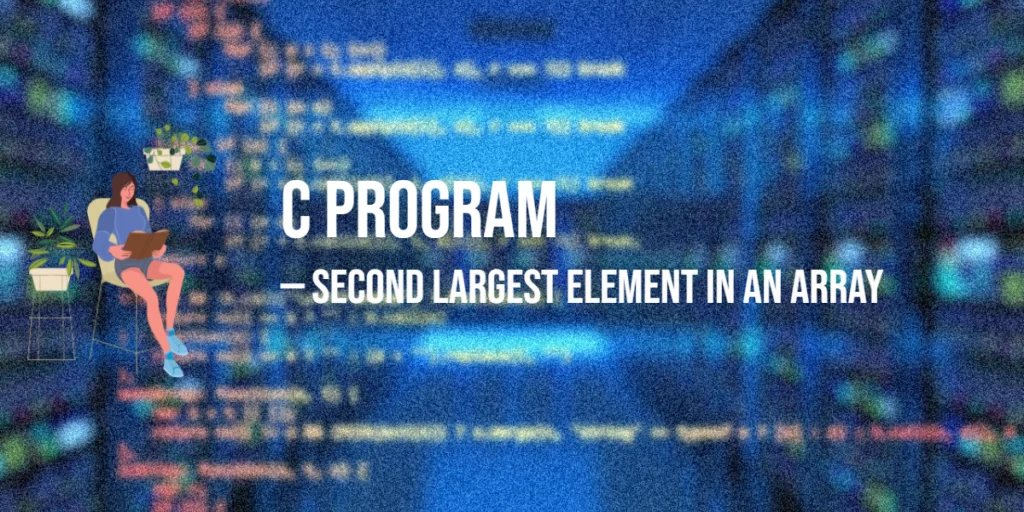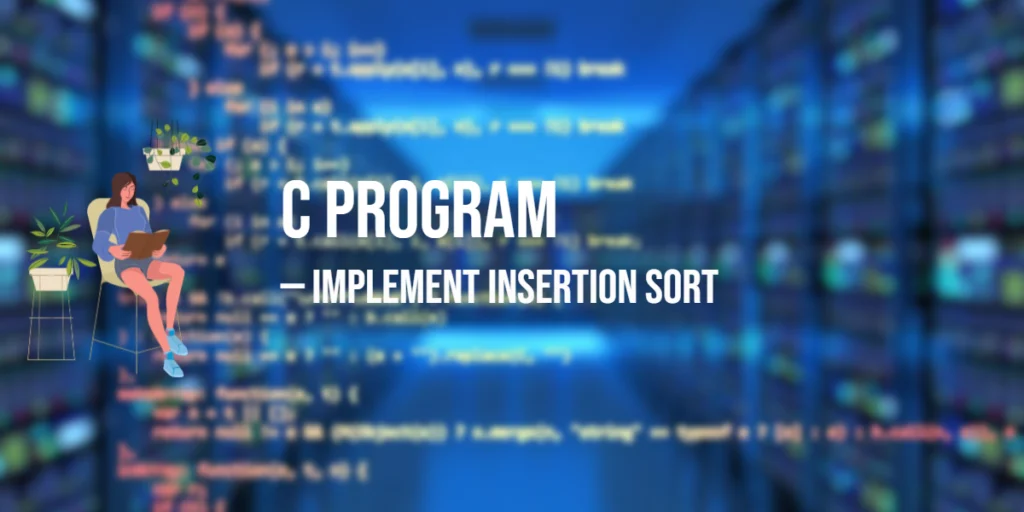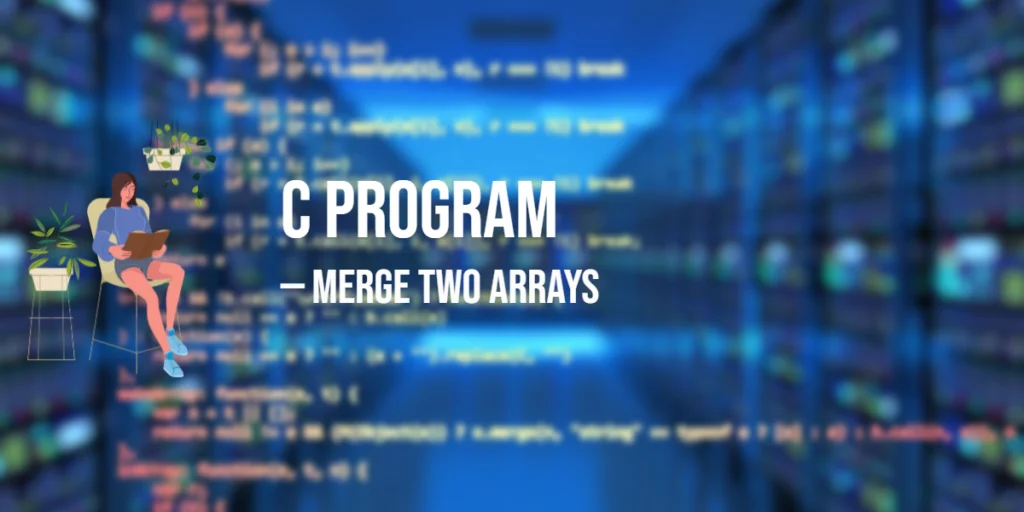C Program to Find the Second Largest Element in an Array
Finding the second largest element in an array is a common programming exercise that helps learners practice working with arrays, loops, and conditional statements. While finding the largest element is straightforward, identifying the second largest requires a bit more logic. This problem strengthens the ability to think about array traversal and comparisons, which are important […]
C Program to Find the Second Largest Element in an Array Read More »









